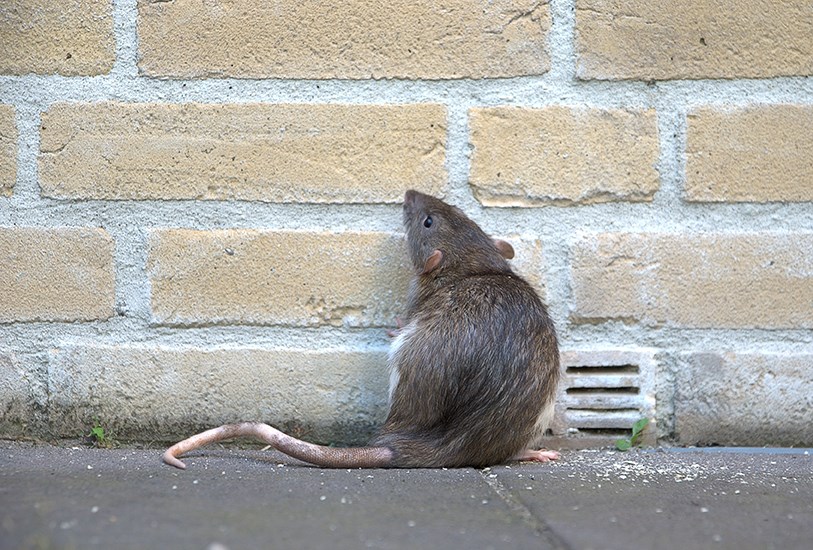Though other communities have banned it, the District of Squamish is still using rat poison, though in limited situations and staff are seeking alternatives.
"The District does currently use rodenticides in bait boxes in and around municipal buildings where live trapping and other options for (mostly) rat management are physically or logistically very difficult to do, and where it is important to ensure human health and safety, and protection of the buildings," District communications manager Christina Moore told The Chief.
According to HealthLinkBC, if humans eat food that has been contaminated by rodents, they may get a foodborne illness.
“In some cases, diseases can be spread if you are bitten by a rodent, or if you are exposed to areas that are contaminated by rodent urine or droppings,” the HealthLink website reads.
Further, Hantavirus Pulmonary Syndrome (HPS) has been associated with the inhalation of dried droppings from the wild deer mice, and ticks and fleas carried by rodents can also spread diseases.
The City of North Vancouver is the latest municipality to ban anticoagulant rodenticides on city-owned property and is asking everyone else to do the same.
That city's council voted unanimously Sept. 14 to formally end the use of rat poison at its facilities.
Anticoagulants cause rodents to slowly bleed out and die. But, any predator that eats poisoned prey will become sick itself – most often owls or other raptors.
“It's a classic example of where we're not conscious of our own actions as human beings, and the impacts we can have on an ecosystem,” said North Van Coun. Tony Valente, who introduced the motion along with Coun. Jessica McIlroy.
North Vancouver resident Yasmin Abidi has been campaigning for an outright ban on the poisons since she had a hand in saving a young barred owl that had been twice poisoned in the Mackay Creek area. An online petition she started is just shy of 11,000 signatures.
The District of North Vancouver was first to institute a ban in June. Other cities in B.C. have since followed. District of West Vancouver council is set to debate a similar ban on Sept. 28.
Moore said in light of public input and in following what is taking place in other communities, District of Squamish staff "have committed to looking into other solutions with our contractors."
Squamish council is also contemplating a bylaw on herbicides and insecticides soon, and at that point may consider adding rodenticides to that bylaw, she said.
The District does not use herbicides in parks or for any public works purpose, Moore noted.
"They are only used for invasive species management under tight controls," she said.
"It is important to recognize that local governments do not have the power to ban the sale of products that are otherwise legal to sell in the province."
Jordan Reichert of the Animal Alliance of Canada told The Chief that rodenticides are "quick fix" solutions that don't have long-term efficiency.
"What you do is you kill off rodents and others come in and fill the spot while at the same time you are risking, as the evidence shows, frankly [killing] predators in the area that would be managing the population naturally," he said. "You are undermining the ecosystem's ability and you are just bringing in more rodents to the area when you use stop-gap solutions — when you use poison."
He said the solution is programs to ensure rat-proofing of houses, restaurants, and buildings where there is food or scraps that are desirable to rodents.
In other words, sealing off all the access points the rodents can use.
"That is where you are going to see longer-term benefits. When you cut off those avenues of access to these sources — food and shelter for them — they are going to go elsewhere."
Proper garbage and compost handling and containers are important too, he said.
He said more public education is needed, otherwise, the people will continue to pick the quick fix of poisons.
"That does take investment by, for example, city councils or regional districts to say, 'OK, if we want to deal with this issue, long term and not just go around killing around a lot of animals. What do we need to do?'"
Other communities have had some success with using a type of rat birth control, too, he said.
"They seem to be successful. But the bottom line is you are not going to eradicate rats from an area, but in terms of cohabitation, it is really about adapting our behavior and recognizing that we are the problem, in terms of providing food and shelter to them in areas we don't want them to be in."



